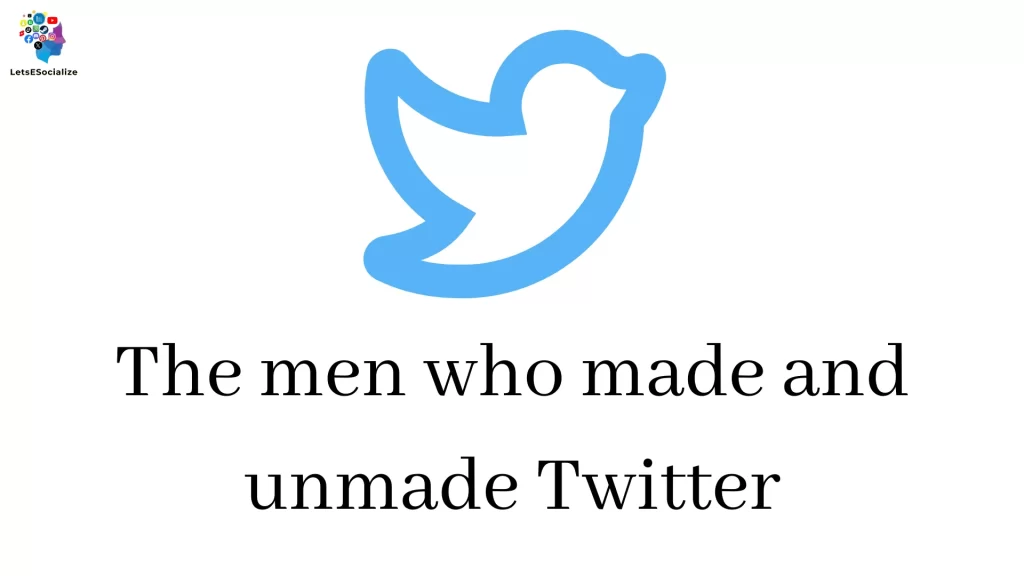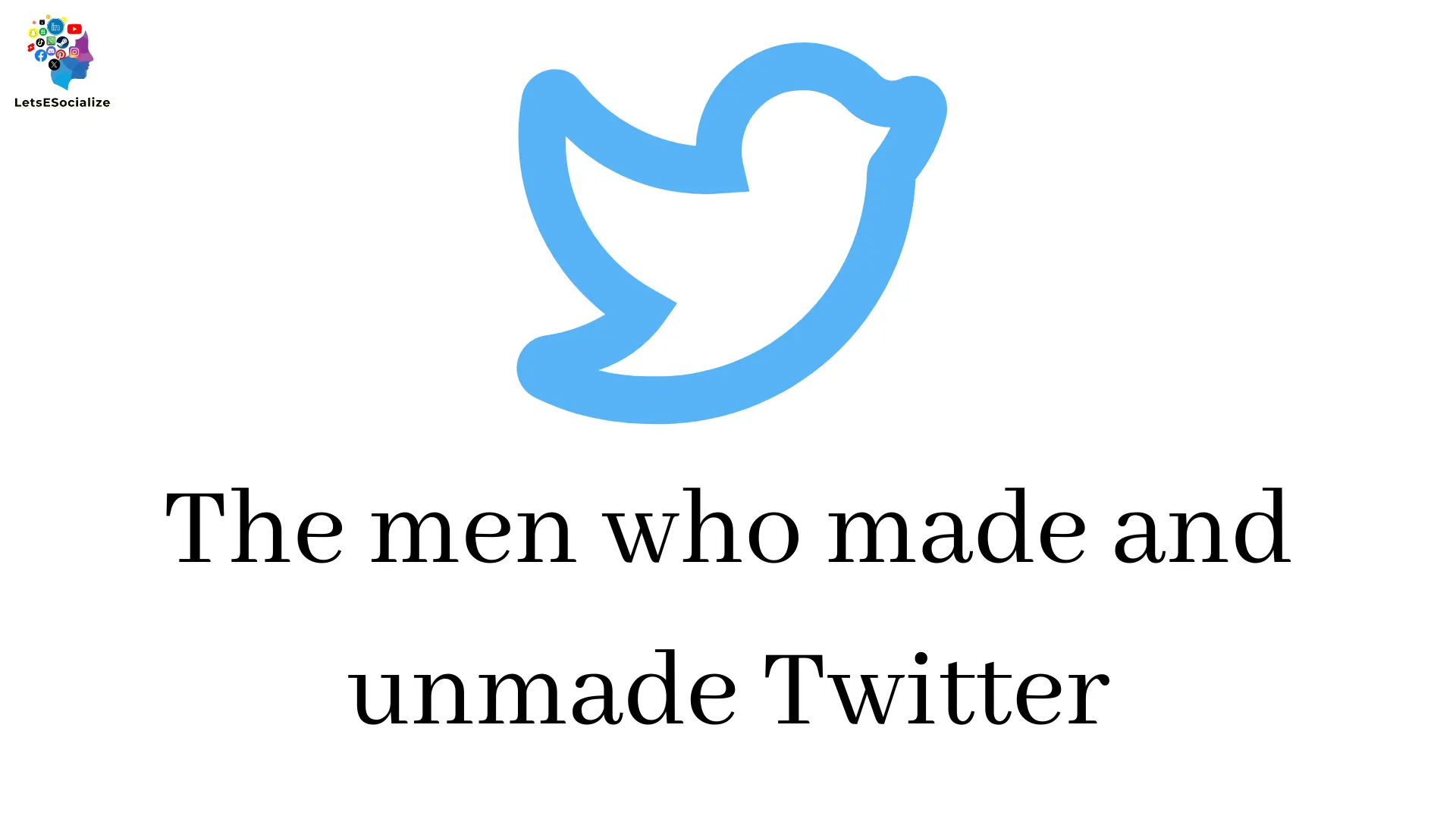The men who made and unmade Twitter, Twitter has been a disruptive force in media and communications since its launch in 2006. However, the founders and leaders who built the social network into a cultural phenomenon have also presided over its recent turmoil.
Twitter was created by four men – Jack Dorsey, Evan Williams, Noah Glass, and Biz Stone – while they were working together at podcasting company Odeo. When Odeo pivoted from audio to text, the platform that became Twitter was born as one of their new projects.
Jack Dorsey, a programmer with an interest in the dispatch systems used by taxi companies, came up with the idea to create a real-time communications network. Along with the other co-founders, he helped turn Twitter from a small side project into a global sensation.
Dorsey served as Twitter’s first CEO from 2006 to 2008, establishing its fundamentals before being ousted by the company’s board. He later returned as CEO in 2015 to help address the company’s stagnating growth.
Current CEO Parag Agrawal, who took over from Dorsey in 2021, has now presided over one of the most turbulent periods in Twitter’s history. Last year, the company agreed to a $44 billion buyout offer from billionaire Elon Musk, who later tried to back out of the deal. This resulted in a protracted legal battle which Twitter ultimately won, forcing Musk to follow through on the acquisition.
Since taking ownership in late October 2022, Musk has swiftly fired top executives and drastically cut Twitter’s workforce. The mass layoffs and hasty product changes under Musk’s watch have raised concerns about Twitter’s future viability.
Some analysts say the visionary founders who built Twitter have given way to controversial leadership that endangers its longevity.
Also Read – Why You Need to Join Today: The Beginner’s Guide to LinkedIn
“Elon Musk’s rocky tenure as the new owner of Twitter has put the company on shaky ground,” said David Rogers, a social media historian at Columbia University. “It’s ironic because the platform was founded by internet pioneers who understood the power of building online communities.”
Twitter’s early leaders focused on growth and openness, cementing its role as a digital public square. But Musk’s focus on slashing costs and reshaping content policies has disrupted Twitter’s culture.
“The company has gone from an idea factory powered by a small group of innovators to a reactionary organization led by one of the world’s richest men,” said Jennifer Wilson, a technology ethics researcher at New York University.
Ex-CEO Jack Dorsey has expressed regret over Twitter’s growing pains since his departure. “I realize many will blame me and I own all my mistakes,” Dorsey tweeted last October. “Hopefully folks can see that other paths were always possible.”

Some former Twitter leaders have criticized Musk’s approach as short-sighted and motivated by self-interest.
“Twitter needs a steadfast captain who cares about its purpose above all else,” said Dick Costolo, CEO from 2010 to 2015. “Putting one person’s agenda at the helm will only cause more upheaval.”
But investors ousted by Musk argue that Twitter’s founders already destabilized the company before he arrived.
“For years we urged Twitter’s leaders to right the ship, but no one listened,” said hedge fund manager Kyle Bass. “Now Elon Musk is making necessary changes despite the criticism because he’s thinking long-term.”
Also Read – Why is X still called Twitter?
As Musk promises to “revolutionize” Twitter, many are nostalgic for the early experimental spirit of its founding era. But whether the company can recapture that spirit or must fundamentally transform to survive remains unclear.
“The story of Twitter reflects the paradox of innovation,” said author Walter Isaacson. “Creating transformative products often requires one set of talents and sustaining their success takes another.”
The men who made Twitter built a unique communication tool that changed the world. But the leaders now in charge of that legacy are writing the company’s next chapter in real time – for better or worse.







